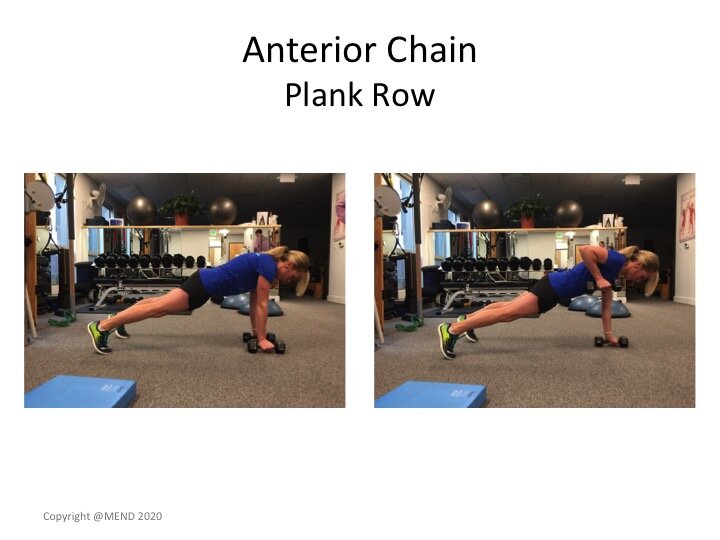Despite improvements in coaching, training schedules, and running shoes the vast majority of runners can expect a running related injury in their career. The majority of these injuries are overuse in nature secondary to an overload of the injured tissue (muscle, bone, joint, tendon). In short, too much too soon without adequate time for tissue recovery. In our Boulder Physical Therapy practice it is rare to find an injured runner who is not spending time performing exercises outside of their run training. These exercises are often either focused on mobility (stretching, dynamic warm up) or strengthening (core stability, strength training). Despite these efforts the runner may end up with an injury secondary to a variety of reasons, but one under their control is the type of exercise they perform to complement their running.
Core stability is an umbrella term which we all utilize and inherently understand, but at times leads to a misunderstanding on the application of exercises to improve an individual’s core strength. The injured runner often is performing front planks targeting the front side of the body as it resists the forces of gravity over a extended period of time. These muscles are frequently strong in a runner similar to how the outer hip muscles in a hockey player are often strong and often do not require additional training in the majority of athletes. In comparison, most runners are weak in the lateral and posterior muscles of the body which may have precipitated or perpetuated their current injury.
Runners are encouraged to work with a Physical Therapist or perform a self assessment of their core weakness and address these impairments accordingly. An excellent self test is the bunkie test designed to assess for impairments along the different sides of the core musculature. Runners are able to become more specific and tailor their core stability exercises to the results of their test. Time is a finite resource and should be optimized to complement an athlete’s run training program.
Click Here to schedule an assessment with the experts at MEND

